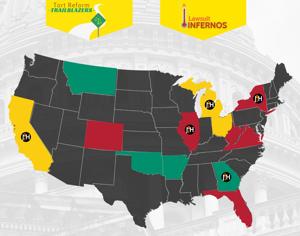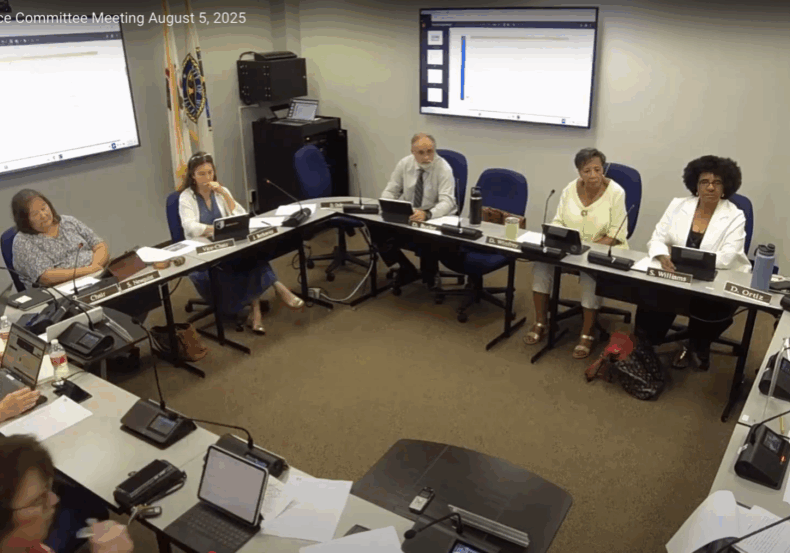
Will County Board Members Demand Transparency in Cannabis Tax Fund Allocation
ARTICLE SUMMARY: A debate over transparency and process erupted at the Will County Board’s Finance Committee meeting regarding the distribution of local cannabis tax revenue. Board members called for more detailed reporting from grant recipients and criticized the current method of deciding which organizations receive funding.
Key Points:
• Board Member Destinee Ortiz requested that all recipients of cannabis tax funds submit detailed reports on how the money was spent and how many residents were served.
• Board Member Julie Berkowicz criticized the allocation process, stating decisions are made by a “team of two people” in non-public meetings and should be handled in an open committee.
• The discussion highlighted a desire among some board members for a more open and accountable system for distributing the hundreds of thousands of dollars in cannabis tax revenue.
JOLIET – Calls for greater transparency in how Will County distributes its cannabis tax revenue dominated a discussion at the Finance Committee meeting Tuesday, with some board members demanding more accountability from grant recipients and a more open process for making allocation decisions.
The debate began when Board Member Destinee Ortiz requested that organizations receiving cannabis tax funds be required to submit detailed reports to the committee.
“These reports should explain how the funds were spent, specifically how they have helped our residents, and include data on how many residents have been served,” Ortiz said. “I just think that this process would promote transparency and ensure that the funds are making a measurable impact in our community.”
Committee Vice-Chair Julie Berkowicz supported the request and went further, criticizing the current structure for awarding the funds, which she said is handled by a small team outside of public committee meetings.
“I’ve been told it isn’t a committee, there’s a team of county board members that apparently decide how these funds are allocated,” Berkowicz said. “There’s no set meeting date. It isn’t an open meeting. I don’t necessarily think two people on a board of 22 should just be able to allocate $250,000, give or take.”
Berkowicz proposed that the entire allocation process be moved into the Finance Committee to allow for public discussion. “I want the public to be able to hear our conversations and then possibly we can reach out into the community even further,” she said.
While committee Chair Sherry Newquist noted that the full board ultimately votes on the funding, Berkowicz argued those votes happen after the key decisions and presentations have already occurred privately.
Board member Dave Oxley echoed the concerns, stating, “This committee doesn’t discuss it… and [when] it goes to the board, they say it should have been discussed in committee. So, I totally agree.”
Latest News Stories
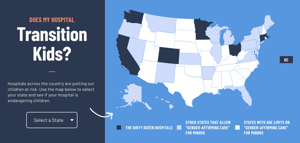
Report: Human Rights Campaign pressures transgender procedures on minors

Everyday Economics: Housing market and Fed policy in focus in the week ahead

New Lenox Township Approves 5% Rent Increase for Guy Sell Senior Housing

Businesses brace for new tax challenges amid global tariff focus
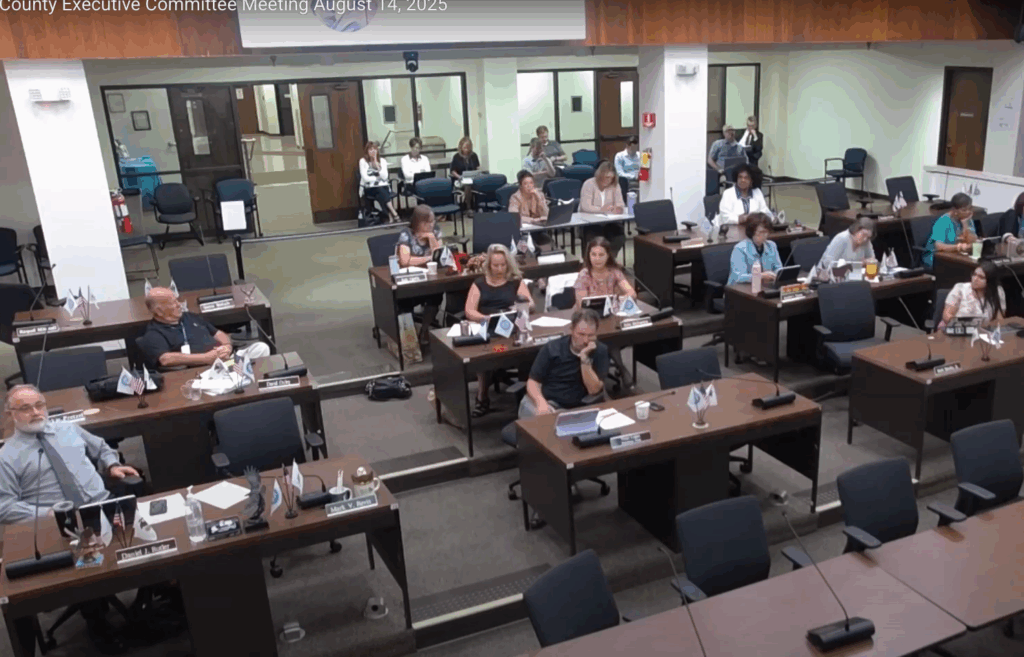
Executive Committee Considers $12,000 Strategic Planning Initiative with University of St. Francis

Illinois takes over health insurance marketplace in 2026 amid skepticism
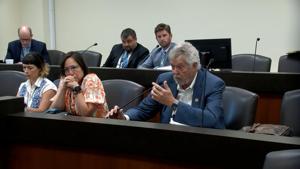
WATCH: IL state reps challenge IEMA-OHS responses to local agencies
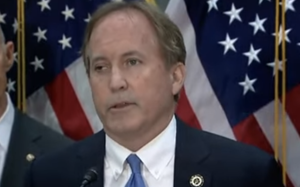
Judge expands restraining order against ‘Beto’ O’Rourke, adds ActBlue
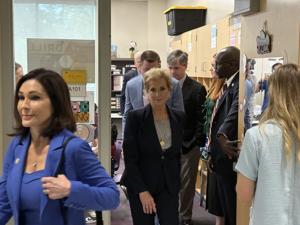
Reversing Biden’s precedent, students complete FAFSA in minutes at beta-testing event

Trump, Zelenskyy to meet Monday in steps toward peace with Russia
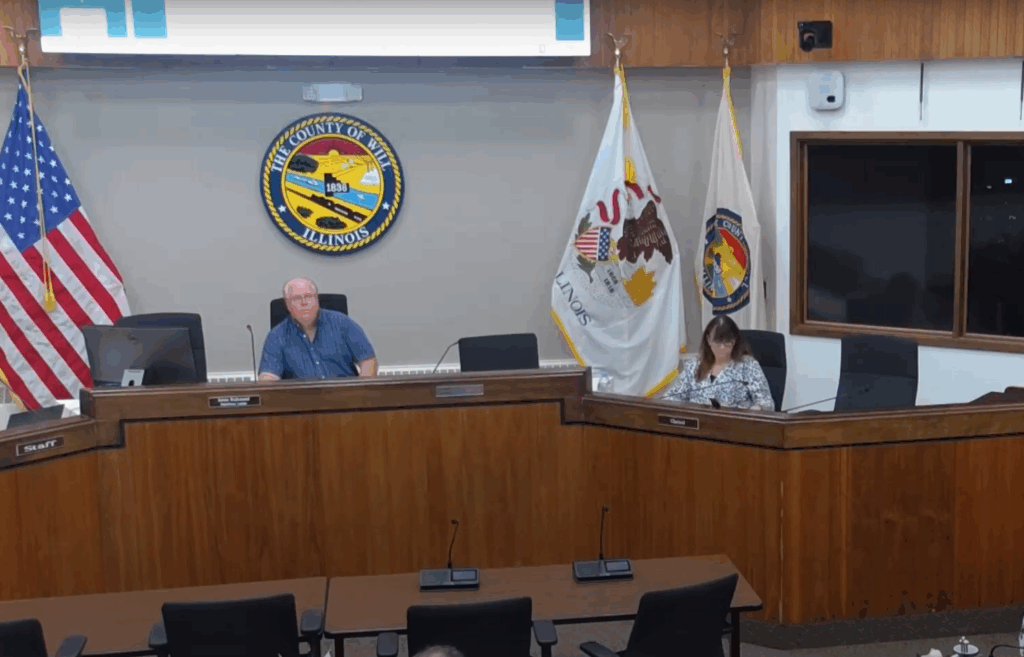
Executive Committee Members Decry Roadside Litter, Call for Action Against Garbage Haulers
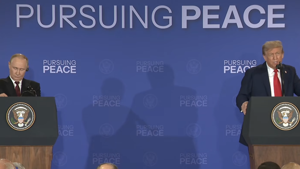
Possible ‘agreement’ reached in Trump-Putin meeting; more discussion likely


